Romance and Gigue, Op. 27 (1908)
Norman O’Neill (1875 – 1934)
Flute Quartet, variable scoring
Romance and Gigue, Op. 27 (1908) by Norman O’Neill (1875 1934) arranged for flute quartet. Norman O’Neill was a British/Irish composer who wrote theater works but also published a small number of orchestral and chamber music pieces. Romance and Gigue was published in 1908 as Two Little Pieces (Deux Petites Pieces), Op. 27 for piano.
The first movement, Romance is in 6/8 time with a flowing melody and gentle syncopations throughout. The second movement, Gigue, is a lively dance that bounces the melody from instrument to instrument with the middle section featuring the bass flute.
Performance time is about 3.5 minutes for both pieces. A moderate range in all the parts, and clear rhythms make this a good piece for intermediate players or new quartets. Dynamics and a few tempo changes give a bit of challenge.
This arrangement of Romance and Gigue is available for saxophone quartet, flute quartet, and clarinet quartet. As long as parts 1 through 4 are covered, they may be played together in any combination that fits your ensemble. Note: the flute ensemble is one octave higher than the others. If using the alto flute or bass flute as the bass instrument, it would be best to double it with another instrument.
The following parts are included:
- C flute 1
- C flute 2
- C flute 3
- Alto flute 1 (C Fl. 3 alternate)
- Alto flute 2 (Bs. Fl. alternate)
- Bass flute
About the Composer
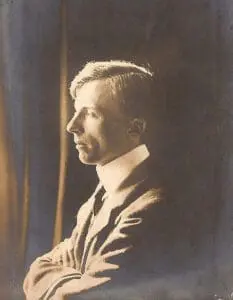 Norman O’Neill (1875 –1934) was born in Kensington, London, youngest son of the artist G. B. O’Neill. Through his mother Emma Callcott, O’Neill was descended from a family of artists and composers. He studied theory and composition with Arthur Somervell and later at the Hoch Conservatorium, Frankfurt. Here he joined a number of students who together became known as the Frankfurt Group – Percy Grainger, Cyril Scott, Roger Quilter and Balfour Gardiner – destined to have considerable influence on the development of English music.
Norman O’Neill (1875 –1934) was born in Kensington, London, youngest son of the artist G. B. O’Neill. Through his mother Emma Callcott, O’Neill was descended from a family of artists and composers. He studied theory and composition with Arthur Somervell and later at the Hoch Conservatorium, Frankfurt. Here he joined a number of students who together became known as the Frankfurt Group – Percy Grainger, Cyril Scott, Roger Quilter and Balfour Gardiner – destined to have considerable influence on the development of English music.
From 1900 onwards O’Neill composed a considerable quantity of songs, ballets, chamber and orchestral works, notably the Piano Quintet in E minor (1903) Overture In Autumn (1901) and La Belle Dame sans Merci for baritone and orchestra (1908.) O’Neill composed the incidental music for a number of plays for Sir John Martin-Harvey’s company, including Hamlet at the Lyric Theatre in 1904, before being made Musical Director of the Haymarket Theatre in 1909. The successful production of Maeterlinck’s The Blue Bird of that year established O’Neill as the foremost theatre composer of his time. Over the next 20 years he composed the music for fifty productions.
O’Neill was made Honorary Treasurer of the Royal Philharmonic Society in 1918. From 1924 he was Professor of Harmony and Composition at the Royal Academy of Music. O’Neill was composing the music for a series of Shakespeare plays at the Alhambra when he died suddenly as a result of a street accident in 1934.

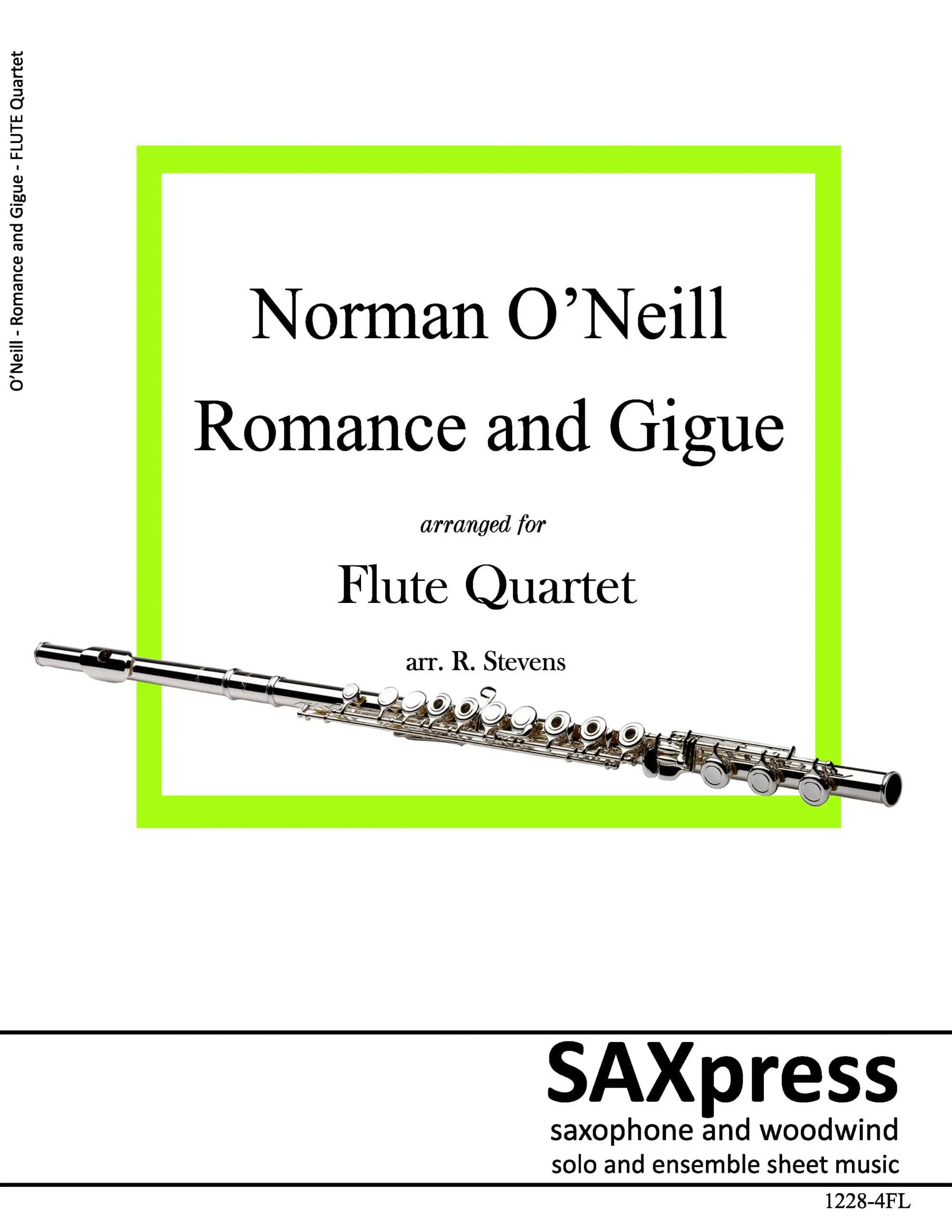
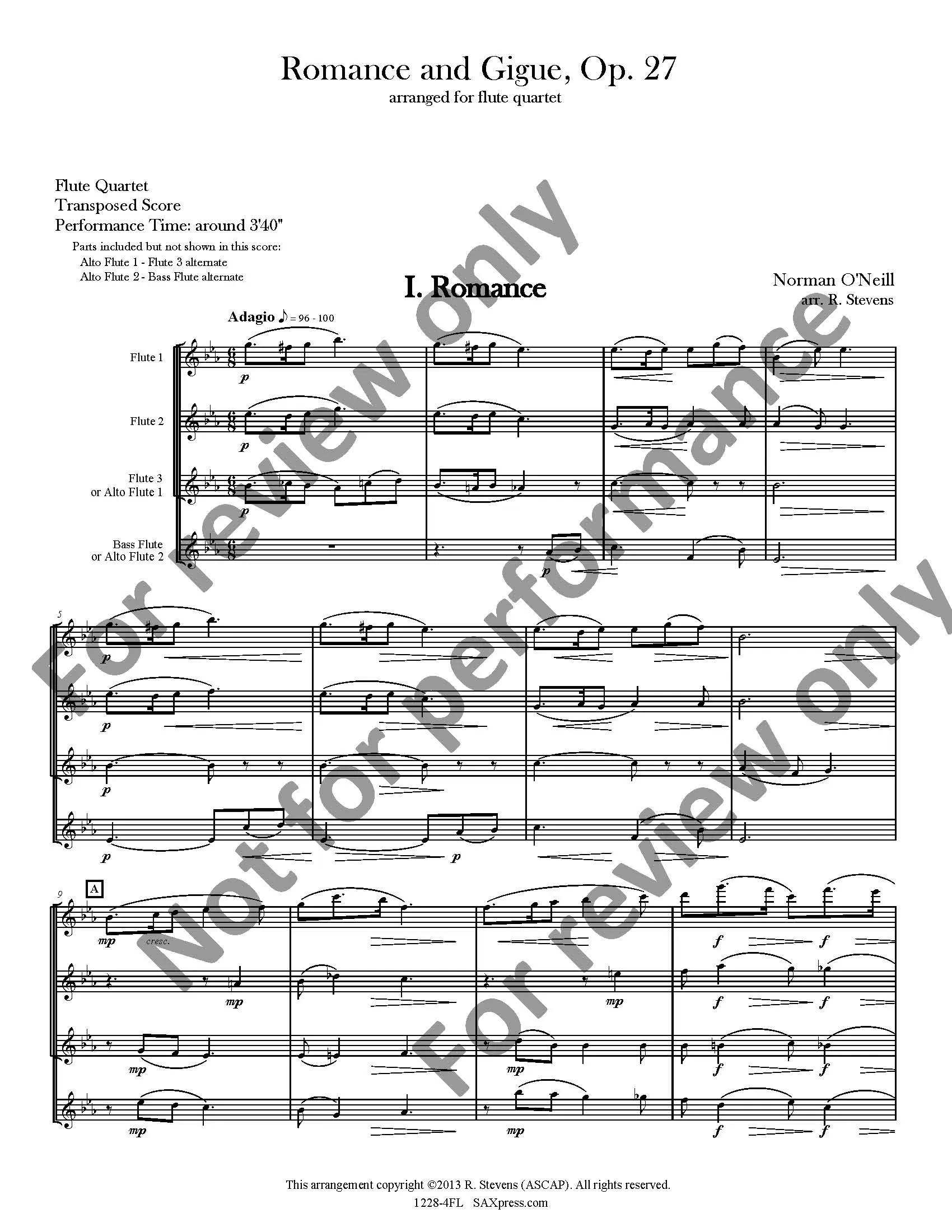
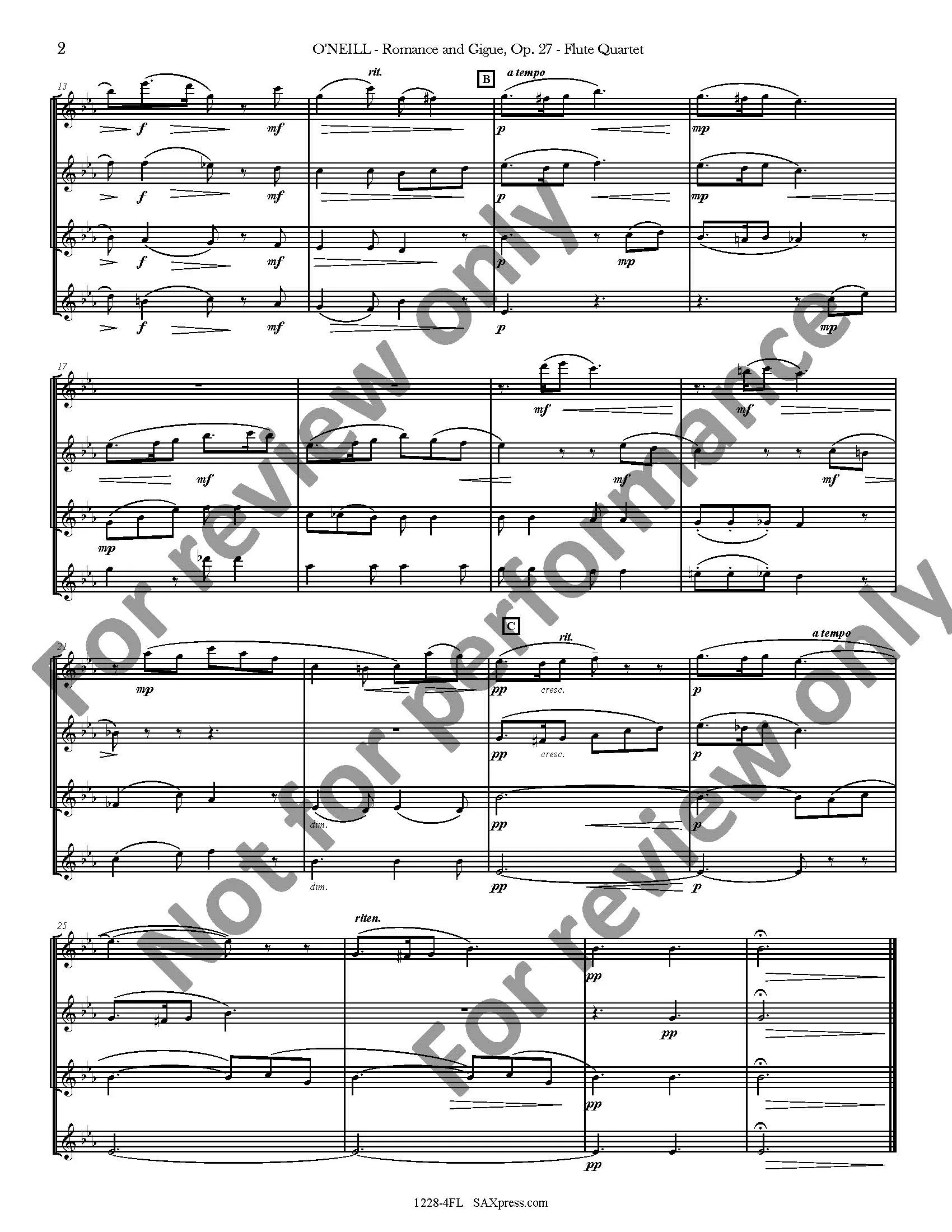
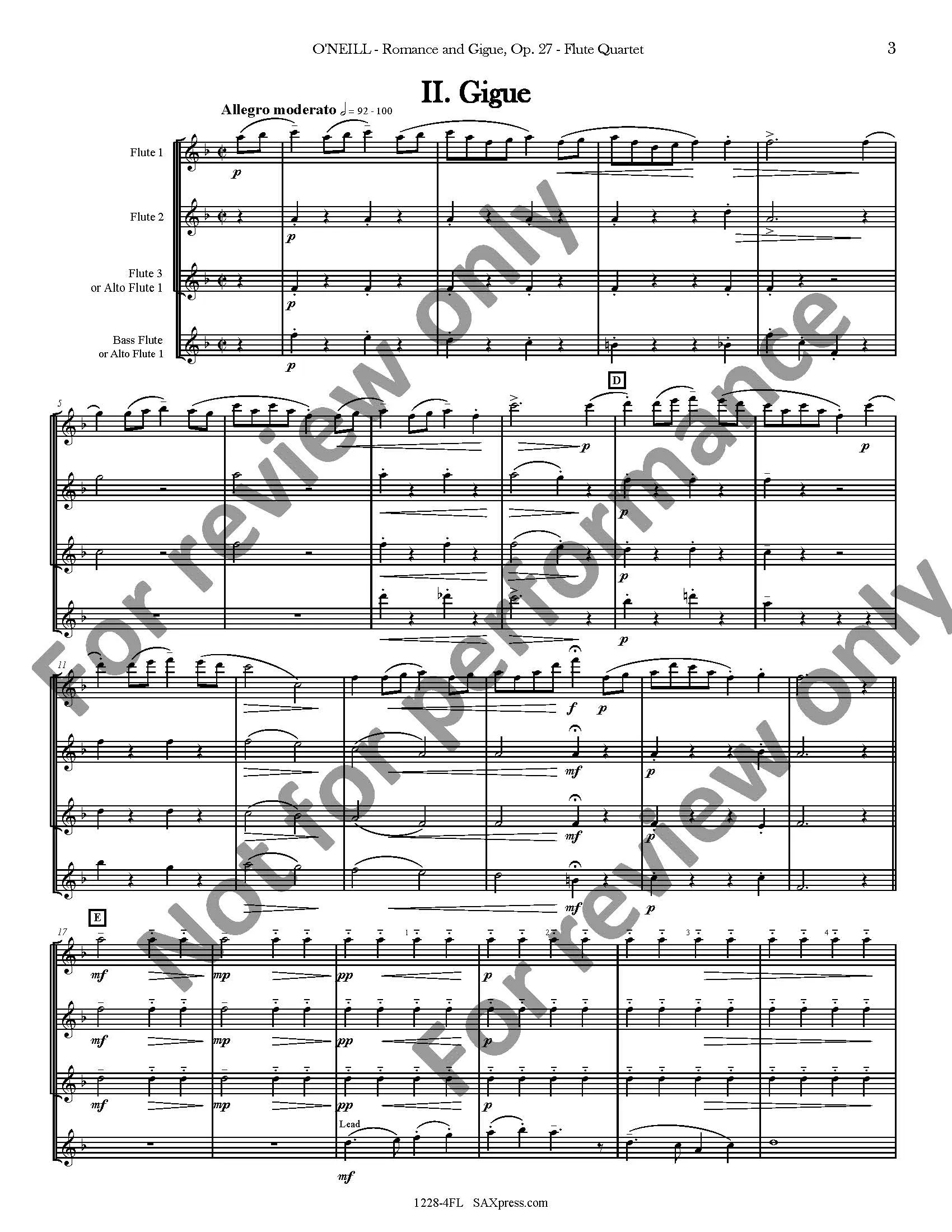
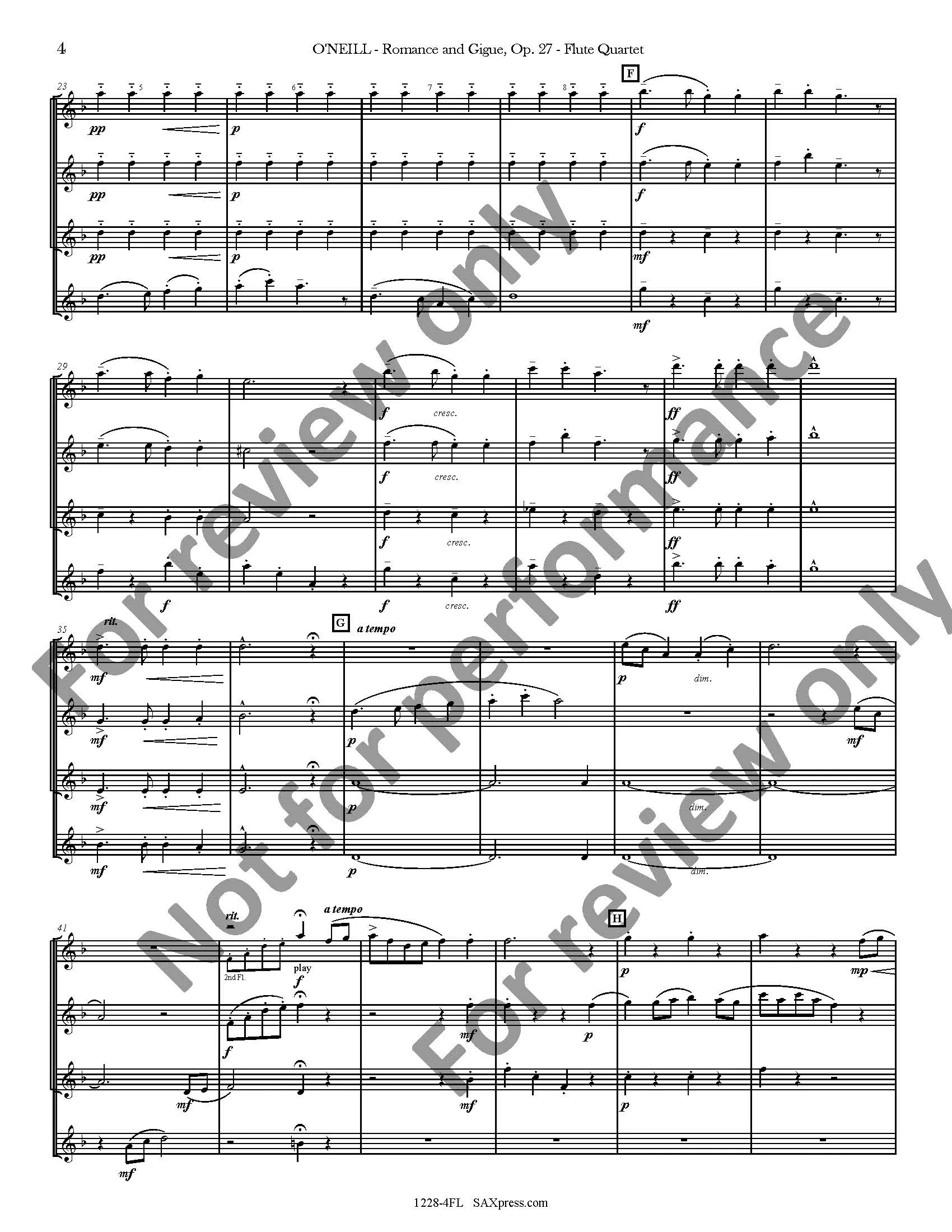
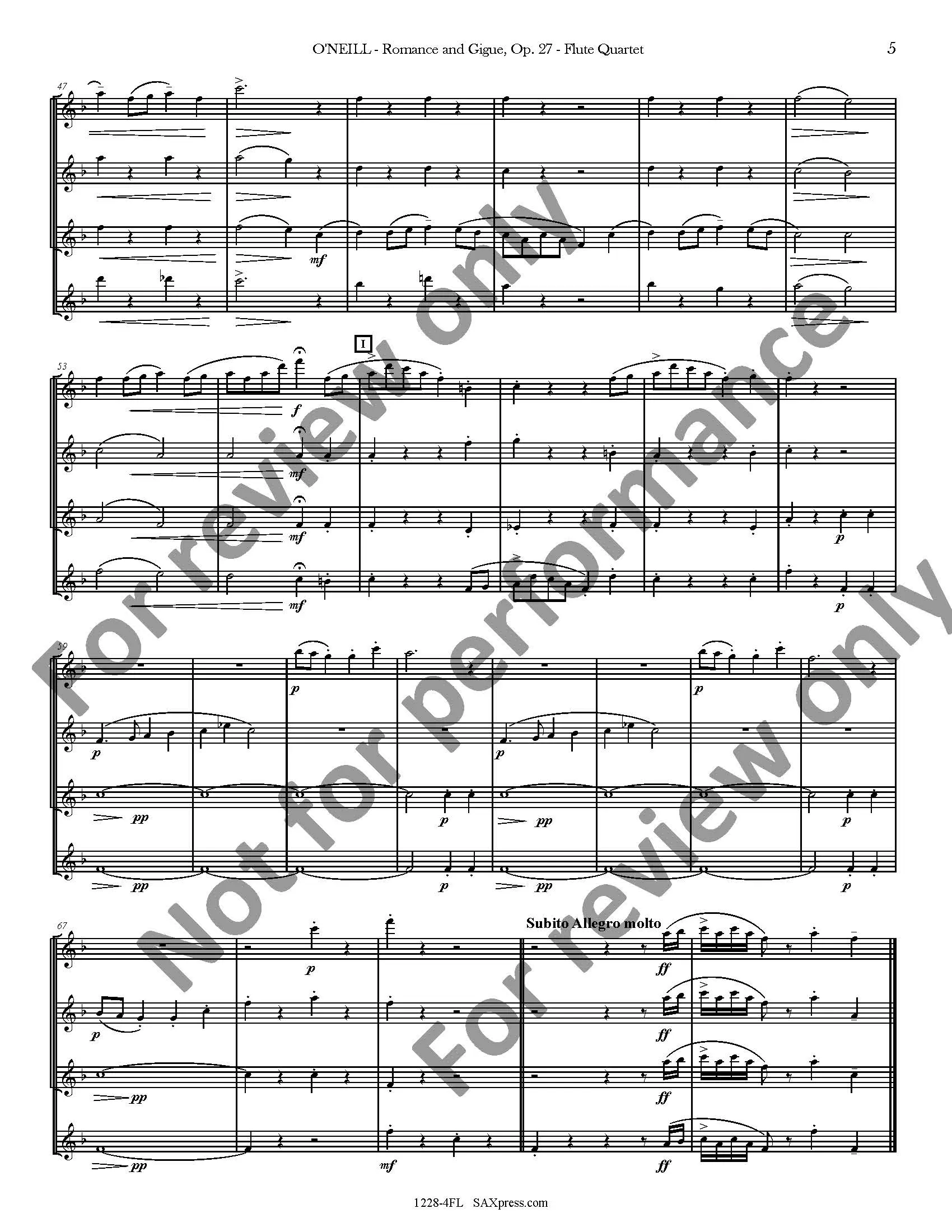
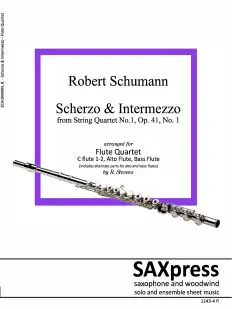
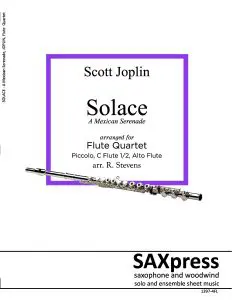
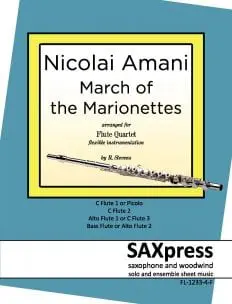
Reviews
There are no reviews yet.